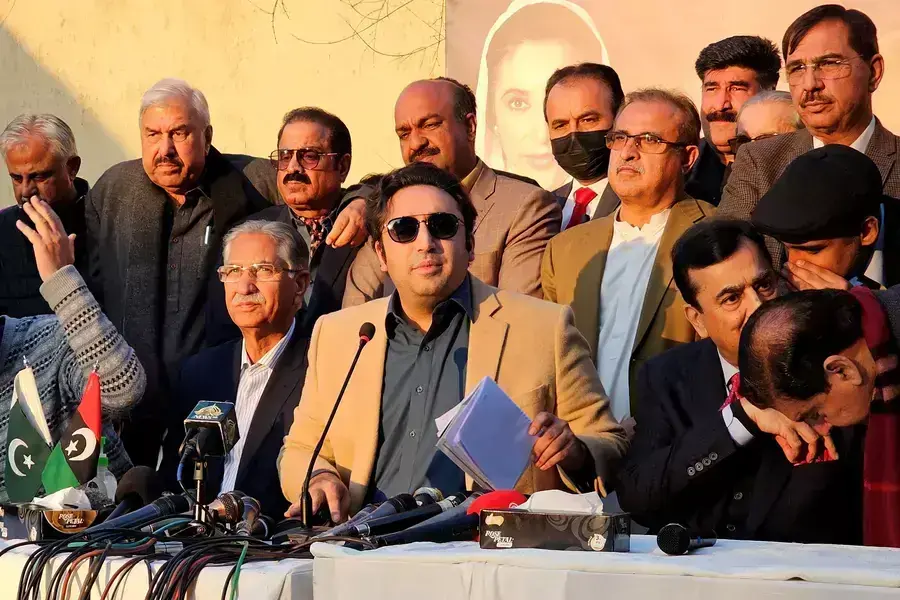Joshua Kurlantzick

Several hours ago, Pakistan time, it appeared that the inevitable had finally happened. The two major parties that had enough seats combined to create a parliamentary majority, after Imran Khan’s PTI shocked the military and Pakistani establishment by winning the most overall seats, appear to have made a weak coalition to give them control of parliament.
According to Reuters: “ Former Prime Minister Shehbaz Sharif [of the PML-N of military-favored politician Nawaz Sharif] will be the nominee for Pakistan's next premier to lead a very weak new coalition alliance formed between different parties, a spokeswoman said on Tuesday after national elections last week returned a hung parliament.
The Pakistan People’s Party (PPP) on Tuesday said it would support Sharif's party to form a minority government, ending a stalemate after inconclusive elections in the nuclear-armed nation led to days of political uncertainty. The PPP and PML-N have a long history of failure to cooperate, and actually despising each other, so the prospect that this coalition, only weakly endorsed by PPP. One of PPP’s top leaders, Bilawal Bhutto Zardari, announced at a press conference that the PPP would support Sharif as prime minister, in order to have some stability in Pakistan, but would not actually join the government or have PPP members take ministerial posts, although apparently as part of the deal his father, Asif Ali Zardari, will become president of Pakistan, generally a less powerful office than prime minister.
Without a real coalition government in which PPP participates actively, it will be basically a minority government, so weak it could fall in a matter of months, and totally unable to deal with Pakistan’s massive challenges, which include severe economic problems, energy shortages, negotiating with the IMF, the continuing threat of terrorism and spillover from Afghanistan, and the growing popular unrest against the military, which almost surely played some role in brokering this deal.
Then there is Khan. He shocked the military and the establishment by having his party, PTI, do so well in the election, despite the fact that Khan is in jail, his party was hobbled in numerous ways, and yet voters—especially those younger voters who could use social media and other tools to get around the suppression of Khan’s party—were able to access information and vote for candidates linked to PTI.
The military has to realize that efforts to cobble together this weak government are not a long-term plan, and that dynamics have changed in Pakistan—people, especially younger Pakistanis, are much more disdainful of the military and powerful long-established politicians, and for all Khan’s flaws, he was a change candidate. He is going, most likely, to remain popular, and unless the military handles him and his popularity, they are going to generate more anger. In the old days, the military might have considered a coup, if this weak government fell, and this isn’t out of the question. But they also have already shown some modest signs of lessening the pressure on Khan and possibly coming to some solution with him and PTI in the future. Khan actually was close to the military early in his term as prime minister, before turning against them. It would be much harder now for him to turn around and ally with the military—his supporters would be angry—but the army could reach some compromise with PTI in which the party had its shackles removed and the military tried to work with Khan to maintain a high degree of power, while conceding that, to some degree, its time of total power is ending.
No comments:
Post a Comment